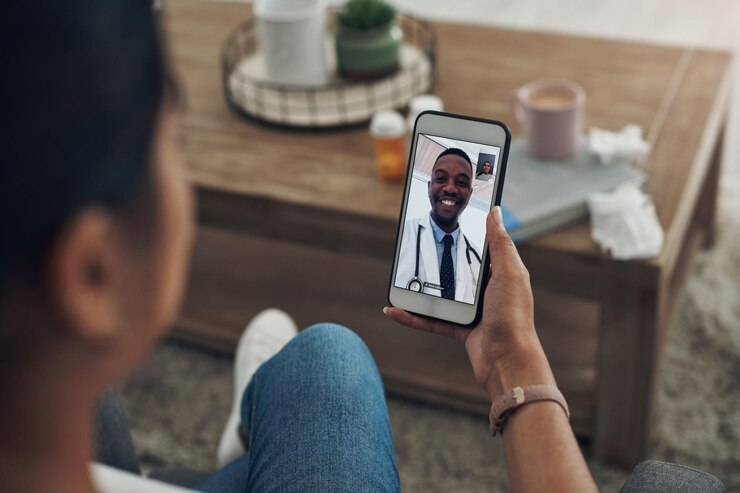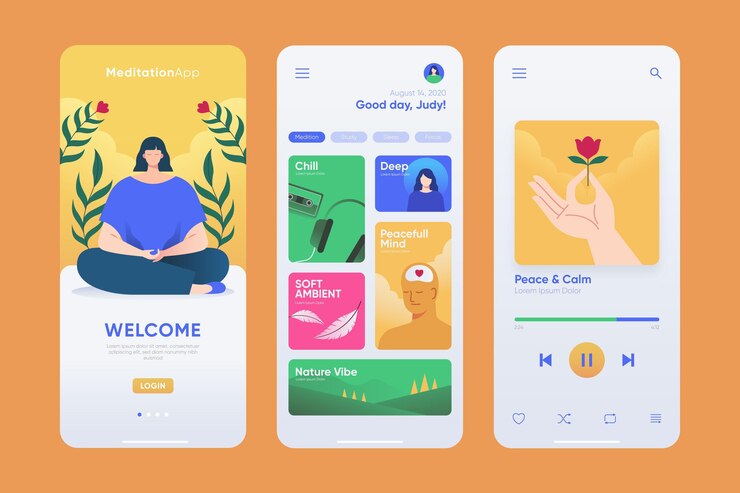Mobile phones have transformed our lives significantly. One way in which they have accomplished this role is by enabling us to access information instantly. Whether you’re looking up directions to a particular destination or researching for a school project, you can get all the deets within minutes.
One particular sector that’s benefited immensely from this technology is the mental health sector. You can now research information about various psychological illnesses from the comfort of your couch.
But that’s not all. The drastic rise of mental health apps means you can also enjoy psychological health services without ever leaving your home. The following post highlights the merits and drawbacks of using mental health apps.
The Good
Easy Access
Thanks to mental health applications, you can have any information you want at your fingertips.
No need to drive to your nearest library and research relevant books. You also don’t have to spend a ton of money on therapy consultations. Simply download the relevant app and get all the information you want through your cellphone. “My people are destroyed for lack of knowledge.” (Hosea 4:6)
This also means that individuals who couldn’t previously access mental health services now can. If you live in a remote area where such vital services aren’t available, you can use an app to identify your symptoms. Or better yet, get in touch with a telemental health provider.
Anonymity

One of the main reasons why individuals are hesitant to seek psychological help is stigmatization. Perhaps you’re worried that your family members or colleagues will find out and start treating you differently. Or, maybe you’re simply scared of getting a particular diagnosis.
Mental health apps help you overcome this hurdle by offering privacy. You can research whatever information you want privately. If you wish, you can also reach out to a telemental health provider without disclosing this to anyone.
The Bad
Simplified Information
Sure, there are some pretty insightful mental health apps out there. Such platforms provide concrete information and advice on how to manage different mental illnesses.
But on the other side of this coin is an array of apps without any value. These apps are developed without prior research and offer basic information that does not benefit the users. Sleep early, do exercises and eat healthy – we have all heard this cliche advice countless times. Our seniors have been giving us these tips since the ages!
The Ugly
Limited Oversight
One of the advantages of mental health apps is that they’re not regulated by any health organization.
No one vets or fact-checks the information or advice offered on these apps. And while some are highly accurate, there’s also a lot of incorrect information provided on these platforms. To avoid being misinformed, it’s always wise to double-check the info you get from high-authority websites like the National Institute of Mental Health (NIMH), Psychologytoday, American Psychological Association among others.
The Bottom Line
If you’re wondering whether mental health apps are helpful or effective, the answer is yes. However, not all of them can be trusted. This is why you should always fact-check the information you get from reliable mental health sites.
And whenever possible, these applications should only be used to complement therapy. An app can never replace a certified mental health clinician. If you’re suffering from a severe psychological illness, you need more than a mobile app to get the right diagnosis and explore different treatment options.








Your point of view caught my eye and was very interesting. Thanks. I have a question for you.
Thanks for sharing. I read many of your blog posts, cool, your blog is very good.
Thank you for your sharing. I am worried that I lack creative ideas. It is your article that makes me full of hope. Thank you. But, I have a question, can you help me?
Thanks for every other great article. The place else may anybody get that kind of info in such an ideal approach of writing? I’ve a presentation next week, and I am at the search for such information.